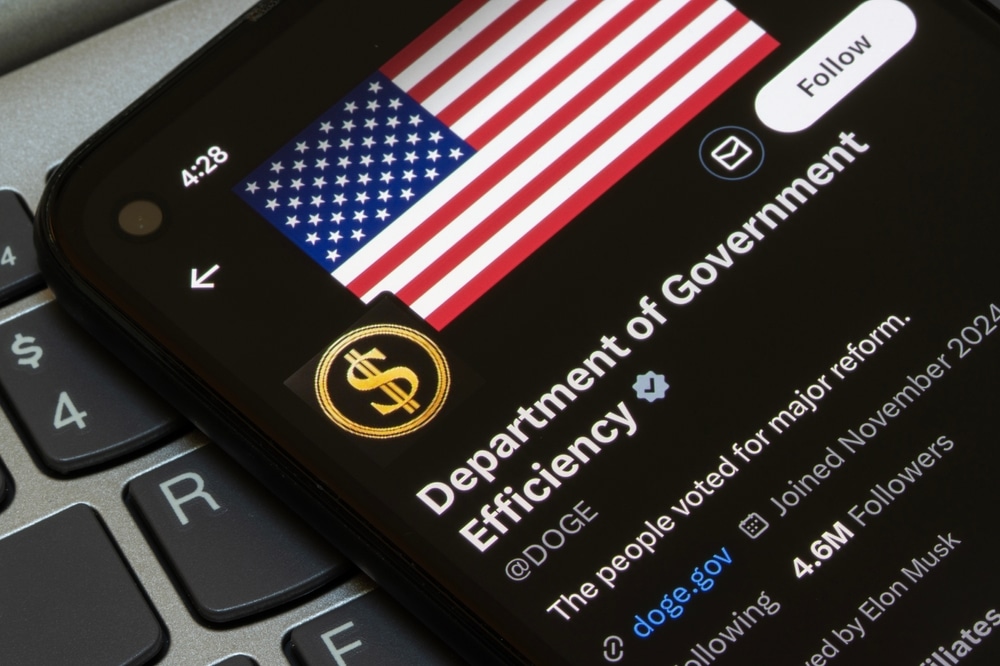
4 Million Americans Exposed: The System Just Turned on You
The Great Breach: Four Million Pieces of Bait
It happened again.
This time, the leak came from a Houston-based firm called VeriSource Services Inc. (VSI). You’ve probably never heard of them. But chances are, if you’ve ever worked for a company that outsourced COBRA, ACA reporting, or employee benefit data management, they’ve heard of you.
Because they’ve stored your information—without your explicit consent—in a digital fortress that’s now riddled with bullet holes.
This Isn’t Incompetence. It’s Infrastructure.
According to a mandatory filing with the Office of the Maine Attorney General, this "cybersecurity incident" exposed sensitive records of four million Americans. We're not just talking email addresses or passwords. We’re talking the digital DNA of your identity: full names, addresses, birth dates, genders, and Social Security numbers.
The firm claims the breach occurred on February 27, 2024, detected it a day later, and spent nearly two months investigating. Only on April 17, 2025—after 50 days of digital vulnerability—did they finish identifying the victims.
Ask yourself: If your identity were stolen today, would you know in 50 days?
Digital Prisons Masquerading as Progress
Let’s call this what it is: the inevitable consequence of centralized data systems masquerading as efficiency. The very architecture of modern digital life is built on a lie—that your most private information is safe in the hands of corporations who make billions by harvesting, storing, and sometimes accidentally losing it.
These firms are not guardians. They are data brokers dressed in corporate compliance suits. Their currency is trust, but their balance sheet is written in your personal vulnerabilities.
And when the breach happens—as it always does—they offer you a coupon for identity theft protection, bundled with dark web monitoring and a $1 million “insurance reimbursement policy.”
Translation? “We lost your life. Here’s a gift card.”
What the FBI Can’t and Won’t Protect You From
VSI says they’ve involved the FBI. But we’ve seen this before. The Federal Bureau of Investigation isn't designed to fix systemic failures in cyber-infrastructure. They’re a cleanup crew—called in to track digital fingerprints after the crime scene has been vacuumed.
What’s more revealing is what isn’t said.
- No transparency about who the attacker was.
- No insight into how long the actor had access.
- No indication of whether the data was copied, sold, or weaponized.
Instead, they assure you there’s “no evidence” of misuse. That’s bureaucratic code for: We have no idea how bad it really is.
The Bigger Picture: Digital Control Wrapped in Convenience
Do you see it yet?
These breaches aren’t anomalies. They’re part of a decaying system—one that consolidates power through data while leaving the average citizen exposed like a lamb at the altar of technological worship.
Every time a breach like this occurs, the real solution is avoided. They talk about “revamping protocols” and “engaging forensics teams.” What they won’t tell you is this:
The only path forward is decentralization.
You must reclaim ownership of your identity—financially, digitally, and physically. Trusting centralized corporations with your digital life is like handing your house keys to a thief and hoping he doesn’t stop by.
What You Must Do Now
If you’re reading this, odds are your data is already compromised—or will be. So let’s talk solutions:
- Opt-out of unnecessary data relationships—if a company doesn’t need your SSN, don’t give it.
- Use private, decentralized communication tools. Big Tech doesn’t protect you; they profile you.
- Store your wealth in hard assets—gold, not digits.
- Educate yourself on how digital identity systems (like FedNow or CBDCs) will tie your data to your money.
Your freedom doesn’t begin with privacy. It begins with ownership. And ownership starts by unplugging from the system that’s designed to fail—and make you pay for it.
Final Thought: You Were Never Meant to Own Your Identity
They’ve built a system where your data is currency—but you don’t get to spend it. You’re just the collateral.
These aren’t breaches. They’re reminders.
Reminders that you must wake up, break free, and build your future on foundations that can’t be hacked, surveilled, or revoked.
Call to Action
The next breach won’t be a question of if, but when. Are you going to wait until your digital identity is used against you?
📘 Download my free book, "Seven Steps to Protect Your Bank Accounts," and start building your financial firewall today.
👉 Get your copy here
📕 Want real protection? Grab a discounted hardcover copy of "The End of Banking as You Know It" by Bill Brocius.
👉 Order your copy here











